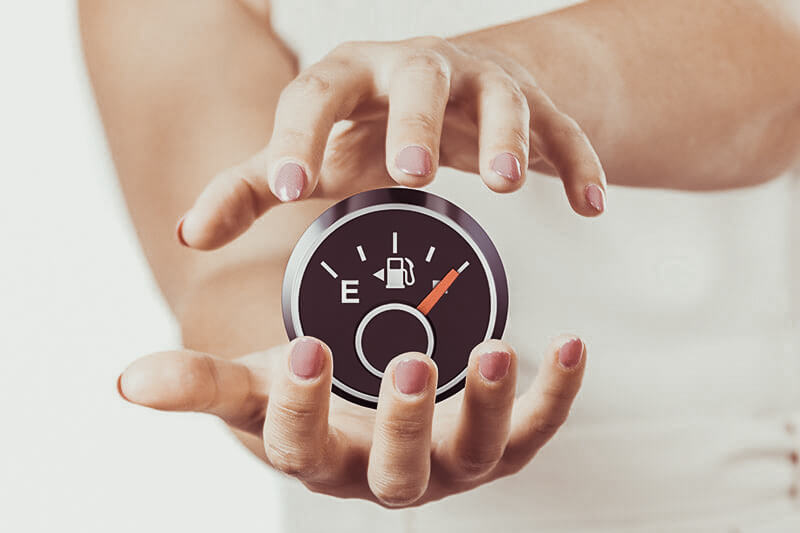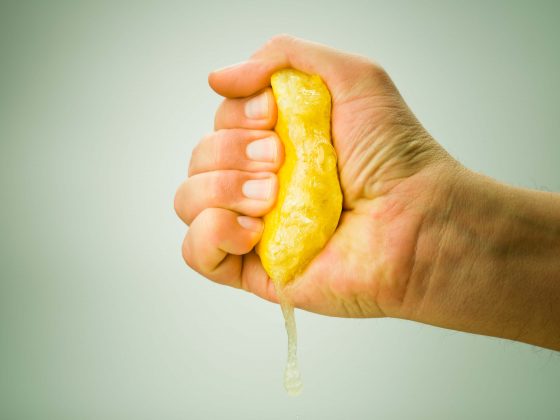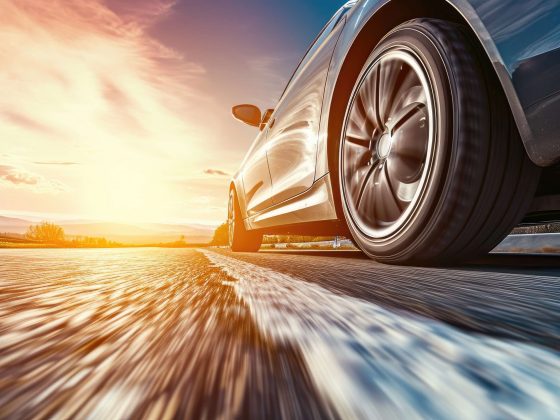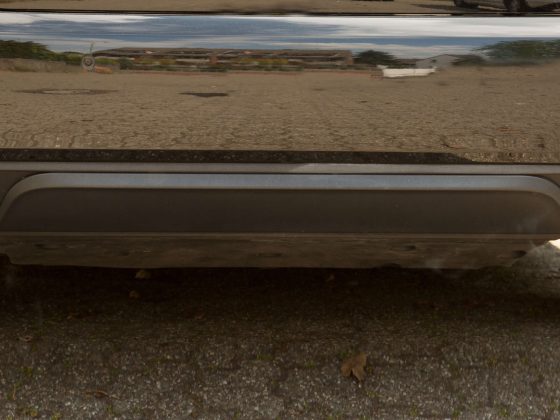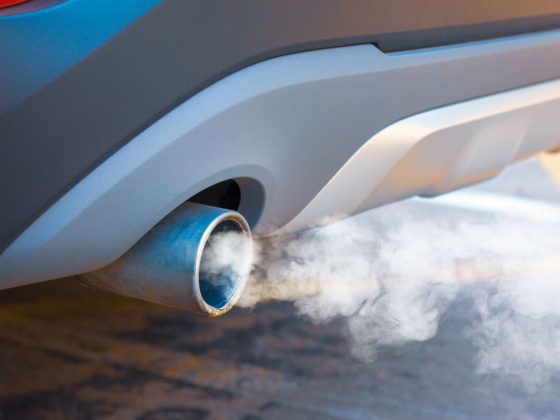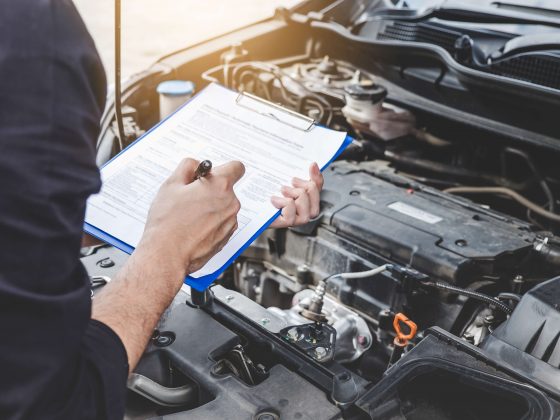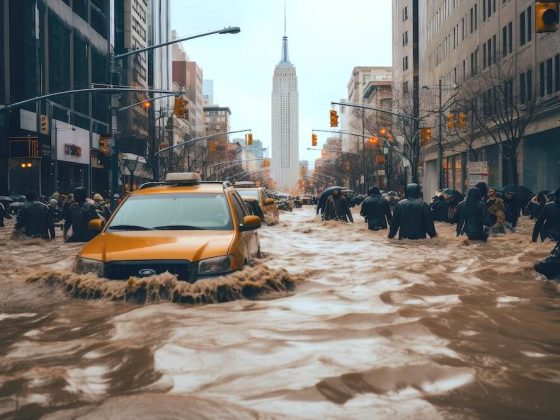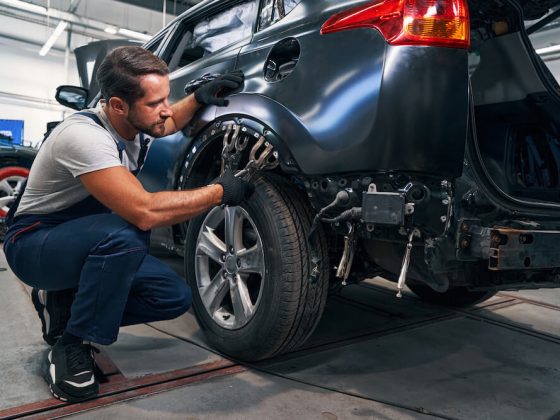In this blog, you’ll learn how to save fuel while driving. We grouped 7 tips that you can put in practice right now.
Use eTags© to Quickly Complete Your DMV Service. Renewals, Title Transfers and More, All Online!
The more fuel you save, the better you’ll feel about the management of your vehicle expenses. Not to mention that you’ll be reducing air pollution which is great for the environment.
You cannot enjoy the benefits unless you do things smartly. Are you ready to make a difference on your fuel consumption?
Press the gas pedal gently
There is no need to abruptly press the accelerator all the way down. If you need to increase your speed, you’ll have to do it gradually.
A relaxed acceleration, say 12 miles per hour in five seconds, should be good enough to boost fuel efficiency by 10%.
It also shows you are in better control of your drive and discourages you from burning off excessively.
Keep a safe distance and speed
Tailgating is not only a synonym of poor driving skills, but also causes your vehicle to accelerate and decelerate unnecessarily.
This change in the speed causes a disruption in your fuel efficiency.
Take your time when driving. You should maintain a safe speed and increase your following distance in way that you can predict other vehicle’s maneuvers.
Reduce your speed to a safe level
When you are looking far ahead on the road, rather than focusing on the vehicle in front of you, it gets easier to react to changes on the speed of traffic.
You might notice a traffic light ahead, which encourages you to take your foot off the accelerator.
In return, you’ll stop wasting fuel and increase your fuel efficiency by 2%. There is no reason to slam on the brakes unless facing an emergency.
Do not abuse the AC
Running the AC immediately after getting behind the wheel could be counterproductive.
If it’s 77 °F outside and you adjust the AC to the same temperature, you’ll be reducing your fuel efficiency by 12% for no reason.
Next time you run your AC, do it wisely. Try to adjust it below the outside temperature if needed.
Warming up or idling your engine is wasteful
Avoid turning on the engine just to sit there without any intentions to move. The more time you let the engine run, the more fuel you’ll end up wasting.
Unless weather temperatures go below tolerable conditions, you should not warm up nor idle your engine. Have a slow start and gradually increase the intensity.
If you must come to a stop to load or unload stuff, switch your engine off to save fuel. This habit also keeps you away from choking others outside with your car exhaust.
Plan your journey and avoid traffic jams
If you go through stressing commutes on a daily basis, you may need to change your approach by being more proactive.
Wake up a little earlier, plan your route, check for traffic updates, and leave earlier to avoid traffic jams that could alter your fuel efficiency.
If you are familiar with journey-planning tools or traffic update resources. Use your phone app, google maps, or Waze.
Pay close attention to the gauges
Nowadays, modern vehicles come with onboard equipment that tracks fuel consumption. You’ll be able to tell any changes over time.
You could use the fuel consumption meter to see how certain habits can impact your fuel efficiency.
The purpose is to increase awareness and help you create habits that helps you save money and protect the environment.
Do you know any other tip on how to save fuel while driving? Let us know in the comments below.
